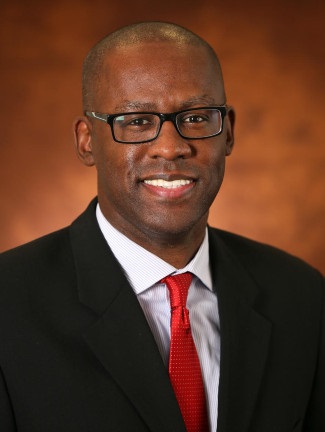Vanderbilt University has received its best-ever ranking by Forbes on the publication’s annual list of America’s Best Employers By State. Vanderbilt jumped 17 spots to No. 10 among Tennessee employers, reflecting significant gains for the university.
“This distinction reflects the work and dedication of Vanderbilt’s talented staff,” Chancellor Daniel Diermeier said. “We will continue to grow as a destination workplace through new employee-focused initiatives, such as the Future of Work project, which will build on our values of belonging and radical collaboration.”
Recent university initiatives to support staff, professional growth and quality of life include:
- Chancellor’s Recognition Award, a one-time paycheck bonus for all eligible employees
- Vanderbilt University’s transition to new well-being and employee assistance program services starting in 2023, with expanded offerings and resources available to employees’ families
- Staff parental leave expanded from two to eight weeks of paid time off
- New reproductive health and parenting resource coordinator provides strengthened support for university community
- Employee Education Assistance Program to expedite tuition reimbursements, with eligible workers able to receive direct payment up front of their tuition benefit covering employees’ eligible tuition expenses
- Enhanced Employee Learning and Engagement opportunities
- Designated leave for COVID and COVID vaccinations
- Remote and hybrid work policy with a toolkit for managers and employees
- New university-wide exit survey, which will provide measurable data on why employees leave Vanderbilt
- Staff census, a priority of the Future of Work committee, which seeks to improve the accuracy of staff data and ensure that university decisions are based on complete and current information (The deadline for staff to complete the census is Oct. 31.)
“Vanderbilt has put a priority on elevating the staff experience to recruit and retain the very best employees, so this recognition feels rewarding, especially with the university’s ongoing investments in our staff and their well-being,” said Eric Kopstain, vice chancellor for administration. “Our efforts have only begun as we build a strong workplace culture where all employees can feel supported and valued and can grow professionally.”
Forbes partnered with market research company Statista to survey 70,000 Americans who work for companies with at least 500 employees across the nation. Surveys were conducted anonymously, allowing participants to share freely their opinions. The final list ranks the 1,382 employers nationwide that received the most recommendations.

“This good news is a testament to Vanderbilt’s commitment to improvement, but it also reflects the dedication of our employees to do amazing work while navigating the stress and strain of the pandemic and other challenges,” said Cleo Rucker, associate vice chancellor and chief human resources officer. “We’ve launched several initiatives that were informed by the employee survey on hybrid/remote work to increase support for our staff. Additional improvements are in the works, thanks to strong collaboration between university leadership, human resources and the Future of Work committee.”
While a recent survey released by Grant Thornton highlighted increasing employee dissatisfaction, including burnout and turnover, by respondents at some higher education institutions, Rucker is optimistic that collaboration between university leadership and staff on initiatives such as Future of Work is moving the university in a much more positive direction.
“We are 100 percent committed to elevating the staff experience to ensure that all of our employees can thrive at Vanderbilt,” Rucker said.